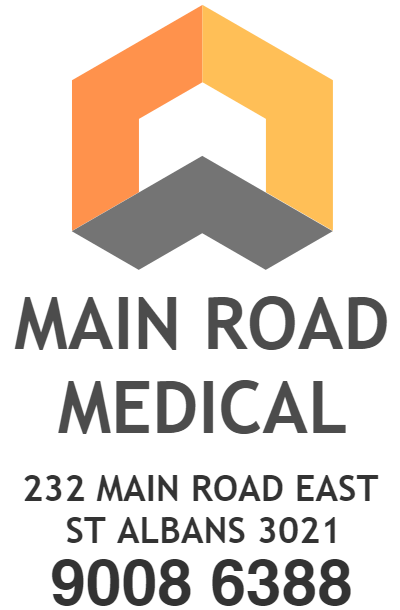COVID-19 is a contagious viral illness spreading by respiratory droplets emitted when patients talk, cough, or sneeze. Asymptomatic virus carrier may still spread disease to others. There is currently no vaccine or medication. Most people have very mild illness. However, those at risk will have very serious illness, and will need hospital support. If all of these people get sick at once, hospitals will be unable to cope. We are trying to slow the spread so that everyone who needs medical help will be able to access it. This is called flattening the curve, and we will need everyone’s help.
How can I help (if I am well)?
Wash your hands frequently. Before and after being in public places, before you eat or touch your face. Use soap and water for 30 seconds
Avoid public places, especially any crowded places where you can’t maintain a 1.5m distance from others
Postpone all social events and travel – including parties, sports, big family gatherings, and avoid crowded public transport when you can
Work from home if possible
Avoid touching including hand shakes, hugging, kissing etc
Wear a mask or mouth and nose covering according to public health advice.
Look out for elderly or at risk. Call them frequently and drop off supplies so they don’t have to put themselves at risk
Self-isolate if required as per government guidelines
How can I help (if I am now unwell)? SAVE LIVES, STAY HOME.
You likely have a mild viral illness that will get better without any treatment, but you are very contagious. Do not spread it to others whose immune system might not be so good!
THIS IS ESPECIALLY IMPORTANT FOR CHILDREN WHO APPEAR WELL BUT SHED LARGE AMOUNTS OF VIRUS.
Stay at home! Rest and recover from your illness! Take Panadol for fever
Do not attend work/school/events, and minimise any time outside
Avoid physical contact with anyone, including those in your home
Clean shared surfaces such as bathrooms and kitchens after use with disinfectants effective against viruses, for example Glen 20.
Wear a mask or mouth & nose covering when you are not in your own room, according to public health advice
You can return to usual activities after your symptoms have FULLY resolved for at least 3 days.
Do I need testing?
Testing criteria is frequently changing. If you have no symptoms, have not travelled recently, and do not work in healthcare, you do NOT need testing. However, the advice may change when the pandemic situation changes.
If you meet the government testing criteria, you can attend one of the assessment centres listed on the following website
Check Victorian government health website for the most up to date testing criteria.
What if my workplace/school says I need clearance to return?
Doctors are unable to provide COVID-19 testing or clearance, unless patients fit clinical criteria which is defined by the government. This is to conserve resources for those who need it most.
If you are not sure, please call DHHS hotline for advice 1800 675 398




